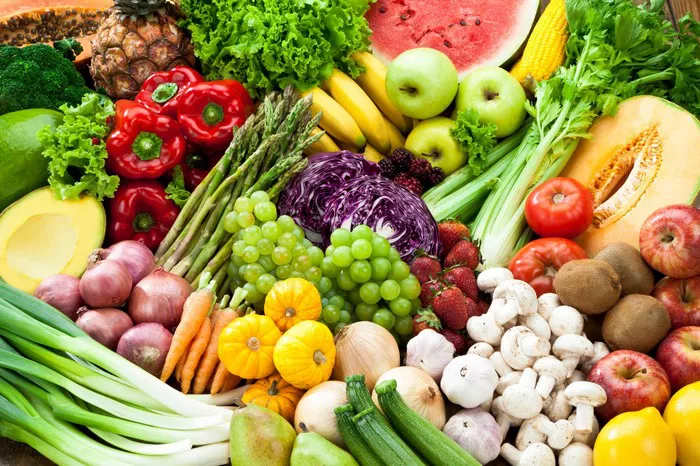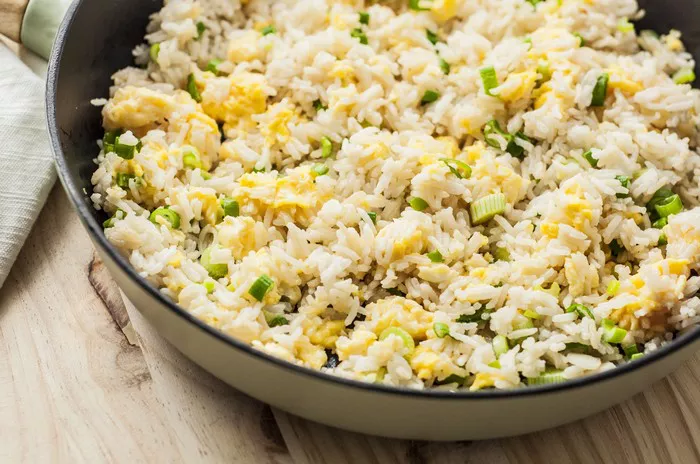Protein is an essential nutrient required for the growth, repair, and maintenance of our bodies. While it is commonly associated with animal products, there are numerous plant-based sources of protein available for vegetarians. With a well-planned and diverse diet, vegetarians can easily meet their protein needs while reaping the numerous health benefits associated with plant-based eating. In this article, we will explore some of the best sources of protein for vegetarians and discuss how to ensure optimal nutrition while following a meat-free diet.
Understanding Protein
Protein is composed of amino acids, which are the building blocks of life. There are nine essential amino acids that the body cannot produce on its own and must be obtained through diet. Animal-based protein sources are known as complete proteins as they contain all nine essential amino acids in sufficient quantities. However, with the right combination of plant-based foods, vegetarians can also obtain all the essential amino acids and meet their protein requirements.
Plant-Based Protein Sources
1. Legumes
Legumes, including beans, lentils, chickpeas, and peas, are some of the most protein-rich foods for vegetarians. They are also packed with fiber, complex carbohydrates, vitamins, and minerals. One cup of cooked beans, for example, contains around 15 grams of protein. Soybeans, in particular, are a complete source of protein, meaning they provide all the essential amino acids our bodies need.
2. Quinoa
Quinoa is a grain-like seed that has gained popularity in recent years due to its high protein content. It is a complete protein, containing all nine essential amino acids. With approximately 8 grams of protein per cooked cup, quinoa is a fantastic option for vegetarians. It is also rich in fiber, magnesium, iron, and various antioxidants. Quinoa is versatile and can be used in salads, stir-fries, and even as a substitute for rice.
3. Nuts and Seeds
Nuts and seeds are not only delicious and convenient but also excellent sources of protein for vegetarians. Almonds, cashews, peanuts, and pistachios are among the nutty protein powerhouses. They also provide healthy fats and a wide range of vitamins and minerals. Seeds such as chia seeds, flaxseeds, hemp seeds, and pumpkin seeds are also rich in protein and offer additional benefits like omega-3 fatty acids and fiber. These nutrient-dense foods can be enjoyed as snacks, added to salads, or incorporated into various recipes.
4. Tofu and Tempeh
Tofu and tempeh are soy-based products that are widely consumed by vegetarians and vegans as protein alternatives to meat. Tofu, made from coagulated soy milk, is a versatile ingredient that can be used in stir-fries, soups, and even desserts. It absorbs flavors well and has about 10 grams of protein per 100 grams. Tempeh, on the other hand, is made from fermented soybeans and has a firmer texture. With approximately 20 grams of protein per 100 grams, tempeh is a nutrient-dense food that can be grilled, baked, or used in sandwiches.
5. Seitan
Seitan, also known as wheat meat or wheat gluten, is a popular protein source for vegetarians who are not gluten-sensitive. It is made by washing wheat flour dough until the starch is removed, leaving behind a high-protein gluten substance. Seitan has a meat-like texture and is often used in vegetarian and vegan dishes as a substitute for meat. It provides around 25 grams of protein per 100 grams and can be grilled, sautéed, or added to stews and stir-fries.
6. Dairy and Eggs
For lacto-ovo vegetarians who consume dairy products and eggs, these foods can be valuable sources of protein. Greek yogurt, cottage cheese, and regular yogurt are high in protein and calcium. Eggs are also protein-rich and contain all the essential amino acids. One large egg provides about 6 grams of protein. Including these dairy and egg products in your diet can help meet your protein requirements.
7. Whole Grains
Whole grains like brown rice, quinoa, oats, and whole wheat are not only great sources of complex carbohydrates and fiber but also provide a decent amount of protein. While they are not as protein-dense as legumes or tofu, they still contribute to your overall protein intake. For example, one cup of cooked brown rice contains around 5 grams of protein. Incorporating whole grains into your meals alongside other protein sources can help ensure an adequate protein intake.
8. Spirulina
Spirulina is a blue-green algae that has gained popularity as a superfood due to its high nutritional content. It is an excellent plant-based protein source, containing all essential amino acids. With approximately 8 grams of protein per tablespoon, spirulina can be added to smoothies, juices, or used in recipes to boost the protein content. It is also rich in vitamins, minerals, and antioxidants, making it a highly nutritious addition to a vegetarian diet.
9. Edamame
Edamame refers to young soybeans that are harvested before they fully mature. These green pods are not only delicious but also provide a good amount of protein. One cup of edamame pods contains around 17 grams of protein. Edamame can be enjoyed as a snack, boiled or steamed, or added to salads and stir-fries. It is also a good source of fiber, folate, and vitamin K.
10. Plant-Based Protein Powders
Plant-based protein powders have become increasingly popular among vegetarians and vegans looking for an extra protein boost. These powders are typically made from protein-rich sources such as peas, rice, hemp, or a combination of these. They offer a convenient way to increase protein intake, especially for individuals with higher protein needs or those looking to supplement their diet. Plant-based protein powders can be added to smoothies, shakes, or used in baking to enhance protein content.
Optimizing Protein Absorption
While vegetarians have access to a wide range of plant-based protein sources, it’s essential to optimize protein absorption for maximum benefit. Here are a few tips to ensure optimal protein utilization:
Combine Different Protein Sources
To obtain all essential amino acids, it’s important to consume a variety of protein-rich plant foods. Combining complementary protein sources, such as legumes and grains, enhances the overall protein quality of a meal. For example, pairing rice and beans provides a complete protein profile.
Eat Protein Throughout the Day
Distribute protein intake throughout the day to ensure a steady supply of amino acids for muscle repair and growth. Including protein-rich foods in each meal and snack helps meet daily requirements and promotes satiety.
Consider Iron and Vitamin C
Iron absorption from plant-based sources can be improved by consuming vitamin C-rich foods alongside them. Pairing foods like spinach with citrus fruits or adding lemon juice to iron-rich dishes enhances iron absorption.
Pay Attention to Total Caloric Intake
Protein needs may vary based on factors such as age, activity level, and overall health. It’s important to consume enough calories to meet energy needs while ensuring adequate protein intake. Consult with a registered dietitian to determine personalized protein requirements.
Conclusion
A well-planned vegetarian diet can easily meet the protein requirements of individuals, while providing numerous health benefits associated with plant-based eating. By incorporating a variety of protein-rich plant foods such as legumes, quinoa, tofu, nuts, and seeds, vegetarians can obtain all the essential amino acids necessary for optimal nutrition. Additionally, optimizing protein absorption by combining different protein sources, distributing protein intake throughout the day, and considering factors like iron and vitamin C can further enhance protein utilization. With the abundance of plant-based protein sources available, vegetarians can enjoy a nutritious and satisfying diet while supporting their health and well-being.























